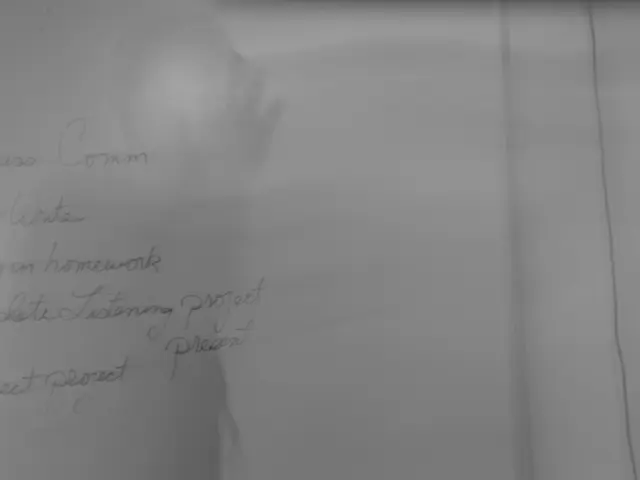In Mexico City, one can find pizza, beer, and lottery (baraja) at the CNTE (National Coordinator of Educators).
Teachers from the National Coordinator of Education Workers (CNTE) have been protesting for a 100% salary increase in Mexico City since May 15, 2025. The ongoing demonstrations have disrupted the daily lives of thousands of people, with manyblockades in place on key roads and at the Mexico City International Airport.
The protests have caused significant traffic congestion, particularly on Paseo de la Reforma and Blvd. Adolfo López Mateos, making it difficult for commuters and vulnerable pedestrians to move around the city. Protests have also restricted access to certain areas, including the Zócalo, where protesters have set up camp.
The protests have resulted in the suspension of classes for nearly 2 million children from 12,000 basic education schools. Meanwhile, teachers at these protests have been enjoying snacks, cigarettes, and watching reality shows on their phones for hours amidst the blockades.
The teachers are demanding the federal government to repeal the 2007 ISSSTE Law and the National Education Reform from 2019. Despite the ongoing protests, there are no open textbooks, no slogans are heard, and no petitions are seen. However, banners with fighting slogans have been used as roofs, raincoats, mattresses, and covers by the protesters.
The protests have caused disruptions to public transportation, including the Line 7 and part of Line 1 of the Metrobús, leaving hundreds of passengers stranded. Additionally, the protests at the Mexico City International Airport have caused delays and disruptions to flights.
The impact of the protests on vulnerable pedestrians is significant, with elderly people, people in wheelchairs, pregnant women, mothers with strollers, and others forced to dodge barricades and manholes to navigate the city. Horacio Alcántara, a disabled individual, had to walk from Diana Cazadora to the Embassy of the United States due to a blocked medical appointment on Rio Rhin street.
The protesters have taken attendance before and after the protests and have faced criticism from some teachers for keeping them sitting in the heat all day. A new group of protesters renews the blockades every half hour, while others rest and find ways to entertain themselves. The protests often leave bags of chips, soda cans, cookie wrappers, disposable cups, plates, and even pizza boxes behind when they are lifted, resulting in garbage on the avenues.
The protesters have accepted the entry of a private institution's emergency service to pick up a teacher who fainted due to fatigue, heat, and an anxiety crisis caused by the daily mobilizations of her colleagues. Despite not allowing any vehicle through, not even ambulances, firefighters, or patrol cars, they permitted the emergency service to enter.
The CNTE has been staging demonstrations at the Zócalo, embassy protests, toll booth takeovers, and blockades at key roads and the Mexico City International Airport as part of a national strike. Their demands include a 100% salary increase, better retirement benefits, increased budgets for rural schools, repeal of the 2007 ISSSTE Law, and the reinstatement of fired teachers. The ongoing protests have caused significant economic losses and disruptions to daily life in Mexico, with estimates suggesting over MX$15 billion in losses nationwide.
- Despite the disruptions caused by the protests in Mexico City, some protesters have found time to engage in activities unrelated to education-and-self-development, such as watching reality shows on their phones.
- The ongoing protests have not only affected education but also extended to politics, with the teachers demanding the repeal of the 2007 ISSSTE Law and the National Education Reform from 2019.
- In addition to traffic congestion and disruptions to public transportation, the protests have led to incidents in crime-and-justice, such as horrific stories of vulnerable pedestrians like Horacio Alcántara, a disabled individual, being forced to navigate blocked roads.







